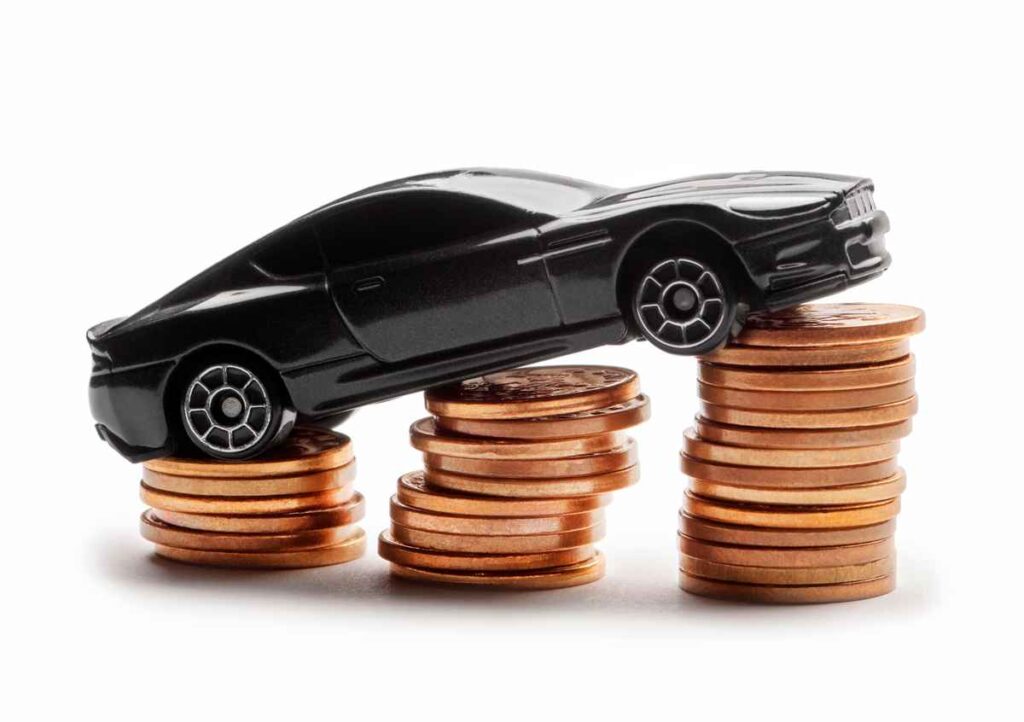Driving under the influence (DUI) can have serious consequences, and securing low-cost auto insurance with DUI can be challenging for drivers. After a DUI conviction, insurance premiums can skyrocket, making it difficult to find more affordable coverage. So, we have gathered these practical strategies and solutions to help you obtain more budget-friendly auto insurance despite a DUI conviction.
How a DUI Affects Auto Insurance Rates?

A DUI conviction has a significant impact on auto insurance rates. Insurance companies view drivers with DUI as high-risk customers, leading to a substantial increase in premiums.
The severity of the DUI offense, driving history, and the state’s regulations all play a role in determining the rate hike. A DUI can cause insurance premiums to double or even triple. In addition, a DUI can impact your insurance rates for several years, usually around three to five years, varying by state and insurer.
Factors Influencing Auto Insurance Premiums with a DUI

After receiving a DUI conviction, finding low-cost auto insurance with DUI on your record can be challenging due to the high-risk perception of insurance companies. They often impose significant rate increases for drivers with DUIs on their records. Several factors come into play that influence your premiums after a DUI, including:
- Driving History: A DUI remains on your driving record for several years, and insurers will consider this when calculating your premiums.
- State Regulations: Insurance regulations and laws vary by state, which means the effect of a DUI on your premiums can differ depending on where you live.
- Age and Gender: After a DUI, insurance companies typically charge younger drivers and males higher premiums as they statistically consider them higher risk.
- Type of Vehicle: Expensive or high-performance cars may increase premiums even after a DUI.
- Location: If you reside in an area with a high incidence of DUI-related accidents or car theft, insurers may charge higher premiums.
- Insurance Company Policies: Different insurance companies have varying approaches to handling DUI convictions, so shopping around for quotes is crucial to finding the best rates.
- Driving Habits: Some insurers offer usage-based insurance, with premiums based on driving habits. A DUI conviction may affect your eligibility for such programs.
- Completing DUI Programs: Completing court-ordered DUI programs or rehabilitation can positively impact your premiums.
Remember that while a DUI will lead to higher premiums, taking proactive steps such as maintaining a clean driving record, completing DUI programs, and comparing quotes from different insurers can help you find more affordable coverage.
Shopping for Low-Cost Auto Insurance with a DUI

Finding affordable auto insurance with a DUI might seem challenging, but it’s not impossible. Check out these helpful tips:
- Compare Multiple Quotes: Obtain quotes from various insurance providers to compare rates and coverage options.
- Ask for Discounts: Inquire about special discounts for DUI drivers, like defensive driving course discounts.
- Consider Higher Deductibles: Opting for a higher deductible can lower monthly premiums.
Exploring Specialized Insurance Companies

Mainstream insurance companies might impose steep rates for DUI drivers, as they are considered high-risk groups. However, specialized insurance companies cater to high-risk drivers, and these companies might offer more competitive rates and flexible payment options.
These companies may also have more lenient underwriting requirements, making getting insurance easier for DUI drivers. It is essential to compare rates from multiple companies before choosing an insurance policy, as rates can vary significantly.
Potential Incentives for DUI Drivers

Certain states have introduced programs that incentivize DUI drivers who install an ignition interlock device in their cars to encourage responsible driving and lower the chances of repeat offenses. These programs can lead to reduced insurance premiums.
The ignition interlock device functions like a breathalyzer and connects to the ignition system. Here’s how it operates: Before starting the car, the driver must blow into the device, which measures their blood alcohol concentration (BAC). If the BAC exceeds the state’s legal limit, the car will not start, preventing the driver from operating the vehicle while under the influence.
Improving Driving Habits and Reaping Long-term Benefits

Following a DUI conviction, making a conscious effort to enhance driving habits can have significant long-term advantages. Insurance companies assess the risk profile of drivers, and positive changes in driving behavior can gradually improve how insurers perceive the driver’s level of responsibility.
To increase your chances of obtaining low-cost auto insurance with DUI, consider implementing the following strategies:
Maintaining a Clean Driving Record
Avoiding traffic violations, accidents, and offenses shows a commitment to safe driving. Insurance companies are more likely to reward DUI drivers who maintain a clean record with lower premiums over time.
Attending Defensive Driving Courses
Enrolling in defensive driving courses is a proactive step to improve driving skills and safety awareness. Completing such courses demonstrates a genuine intention to become a safer driver, which can positively impact insurance premiums.
Avoiding Future Infractions
Avoiding additional infractions becomes crucial after a DUI. Continually driving responsibly and adhering to traffic laws will help rebuild a favorable driving history and could lead to lower insurance rates.
Although the process may take time, consistent improvement in driving habits can eventually lead to substantial savings on auto insurance premiums. Patience and perseverance are key as drivers work towards restoring their driving reputation.
Seeking Legal and Professional Assistance

Dealing with auto insurance after a DUI can be overwhelming due to its complexities. That’s where seeking guidance from legal and insurance experts can be incredibly valuable. By consulting professionals, you can gain valuable insights and ensure you find the most cost-effective coverage that suits your needs.
They can help you understand the specific requirements and options available for DUI drivers, assisting you in making informed decisions. Moreover, they can guide you through the paperwork and ensure you fulfill all necessary obligations, increasing your chances of finding affordable auto insurance despite the DUI conviction.
Conclusion
Securing low-cost auto insurance with a DUI may be challenging, but it is possible with the right approach. By understanding the factors influencing premiums, exploring specialized insurance companies, and seeking professional assistance, DUI drivers can find suitable coverage at affordable rates. Taking proactive steps to improve driving habits will reduce insurance costs and promote road safety.
